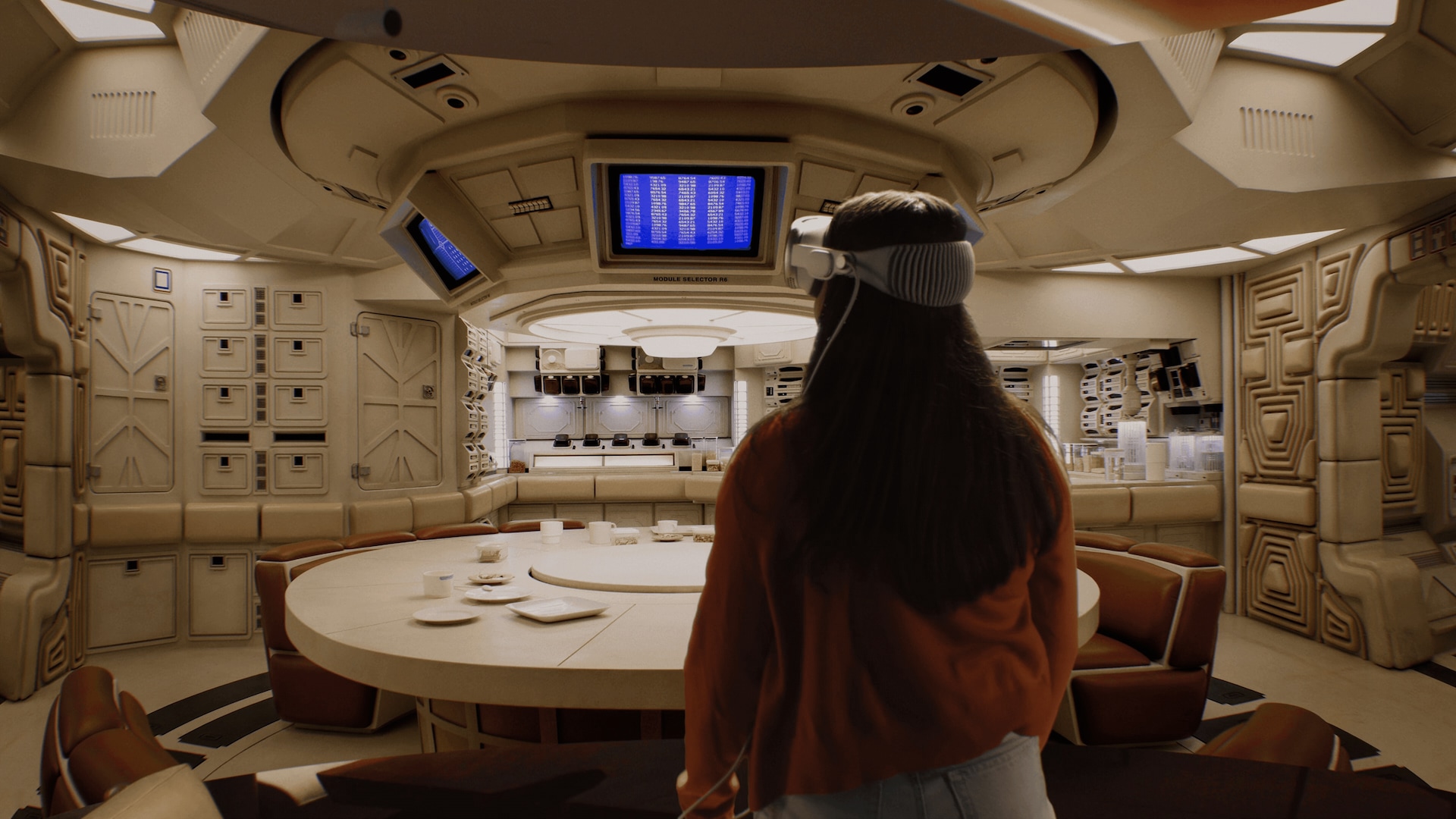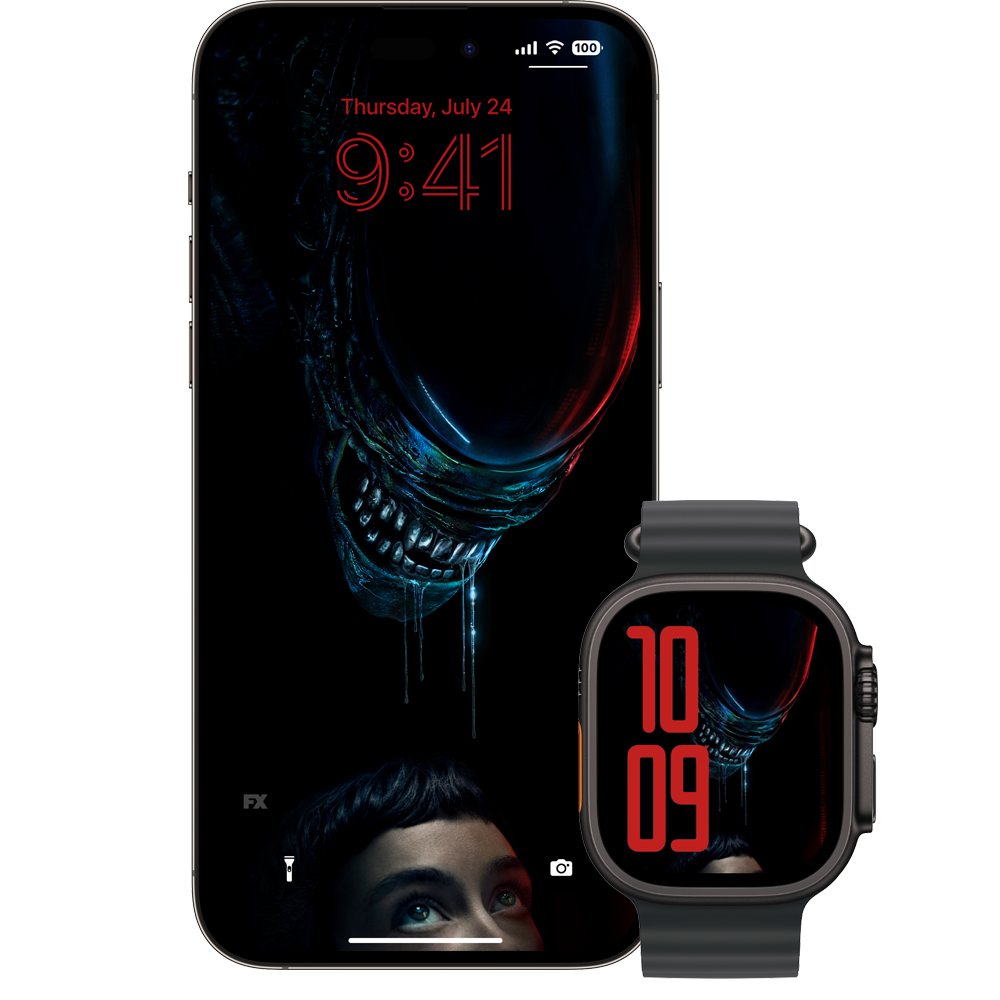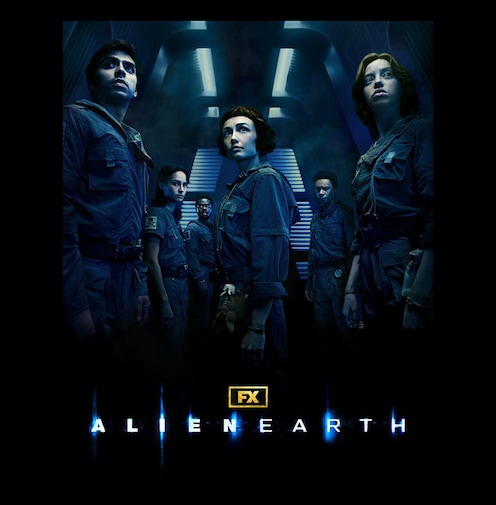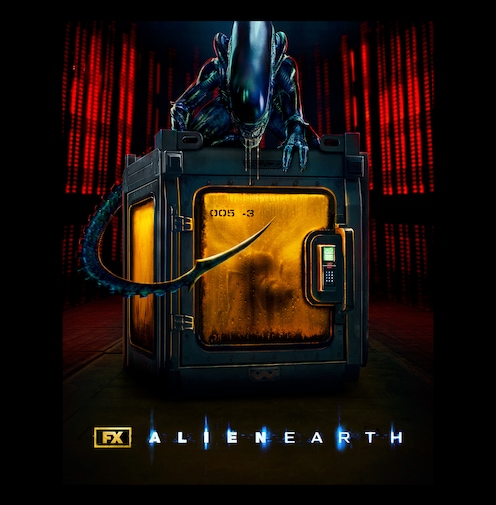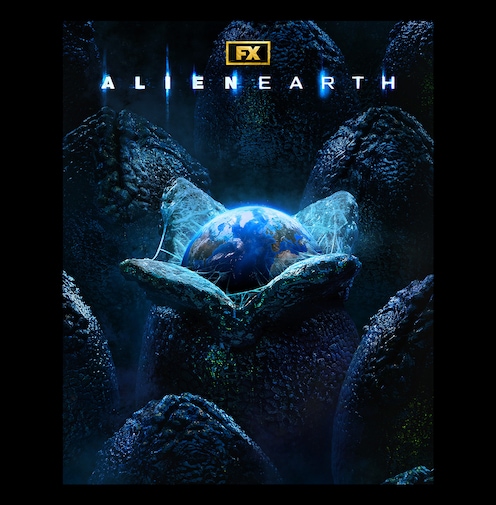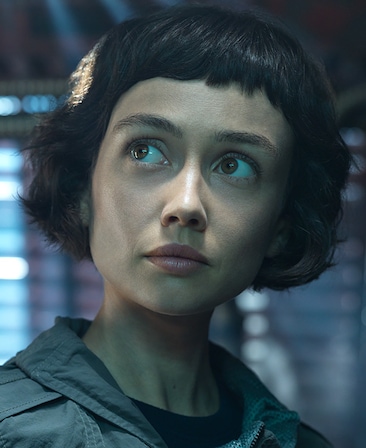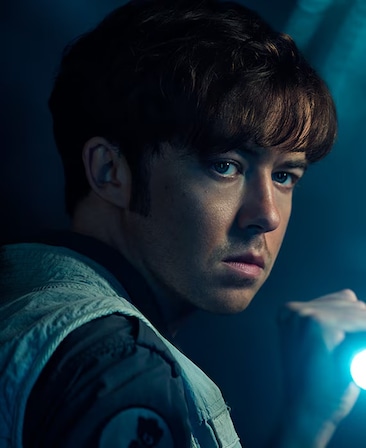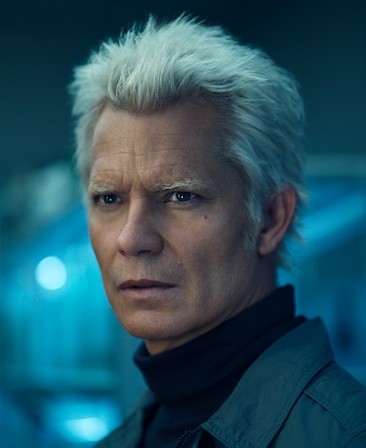FX's Alien: Earth | Watch on Hulu
Fear takes new forms.
94%
85
Explore Episodes
BEHIND THE SCENES
The Making of Alien: Earth
Watch exclusive videos of the making of Alien: Earth
HIGH-RESOLUTION GALLERIES
Alien: Earth Galleries
View the Alien: Earth Episodic Galleries
HIGH-RESOLUTION GALLERY
Alien: Earth Official Key Art
Characters



